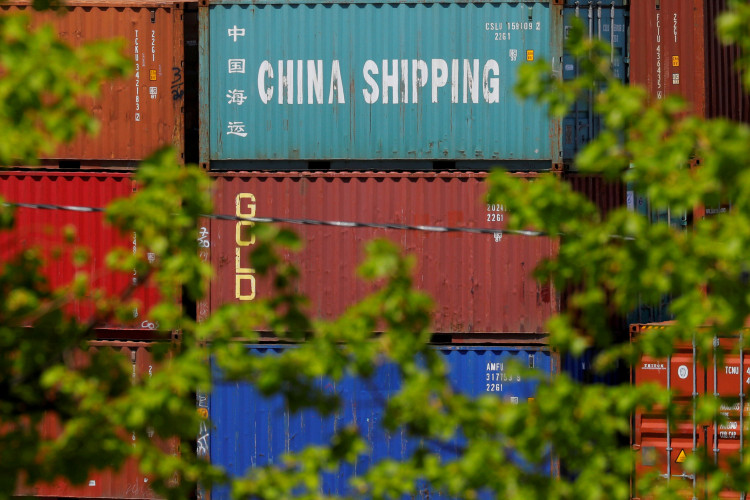Founder of the world's biggest hedge fund, Ray Dalio, thinks that the tariffs imposed on China by the Trump administration are not "big of a deal" for the world's second-largest economy. Peter Mandelson, former European Union Commissioner for Trade between 2004 and 2008, and Carlos Gutierrez, former Secretary of Commerce during the Bush administration, have both expressed opinions align with that of Dalio's.
Dalio, the billionaire founder of Bridgewater Associates LP, said China will handle the economic impact of Trump's tariffs and would only suffer a few bumps along in the short term.
Bridgewater Associates LP manages $160 billion in assets according to CNBC, more than any other hedge fund company. Dalio started the firm inside a two-bedroom apartment in New York City back in 1975. Forbes said the billionaire has an estimated net worth of $18.1 billion.
Far from the assumption that China is gravely worried about the financial impact of the escalating trade war with the United States, the country is more concerned about its diplomatic relations with Washington, Dalio explained. With U.S. President Trump's hard stance against Beijing, the world's second-largest economy is confused whether to sustain a tactful relationship with the Trump administration or put up an antagonistic front.
Dalio believed that Chinese officials would like the conflict to be called as trade negotiations or disputes instead of the widely used term "trade war."The billionaire hedge fund said China may find the "warlike" trade talks already "discomforting" at this point.
Mandelson, meanwhile, has the same line of thinking. He believes that as Trump's tariffs persist, Beijing will enjoy more international capital flow since its government is addressing the problem internally at this stage.
China's state-owned enterprises are working with the private and provincial sectors in the country. The game plan is for the national government to financially help local enterprises up until the time when trade tensions ease. The national government is also seeing to it that local municipalities are financially equipped to be at the helm of the projects left by foreign companies affected by high U.S. tariffs.
Gutierrez, on the other hand, said the U.S. consumers are the main victims of the very own tariffs imposed by their president. He explained to Nikkei Asia review that Washington may soon find itself at the middle of inflation. There will be price hikes in the majority of consumer products, including Apple iPhones and even to the simplest of apparel. He explained that it is expected for companies to pass on the tariffs among their consumers by increasing the prices of goods.
Gutierrez also predicts that U.S. inflation will have a crippling domino effect on the world economy.






